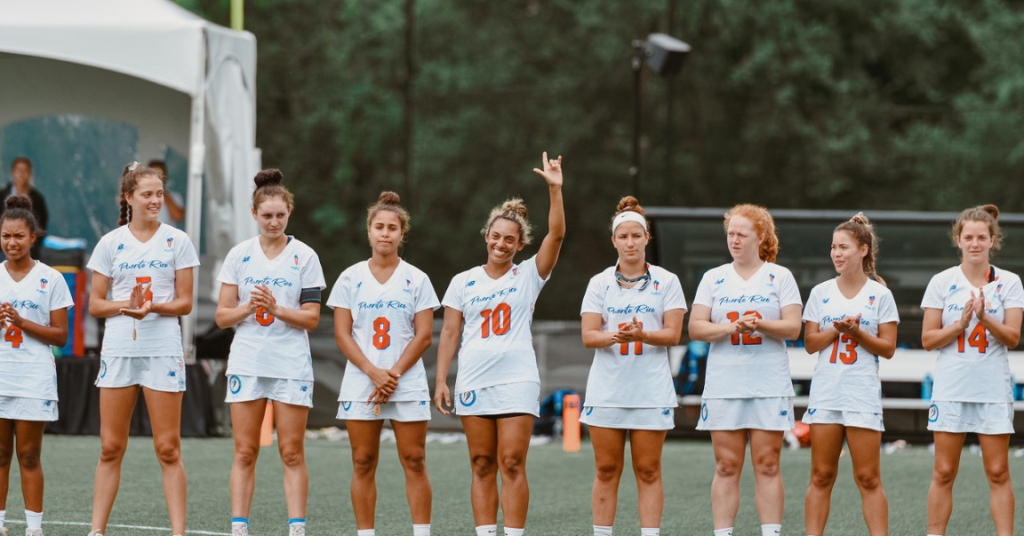
3 ways my mom helped me succeed with hearing loss
March 27, 2017
My child has had cochlear implants for 2 years. Here’s 4 things I’ve noticed
March 29, 2017This is how deaf basketball players communicate on the court

“March is the most exciting time of the year,” says my sports fanatic brother. It is true though, March is one of the most thrilling times in the United States for college basketball.
Specifically, March is the month of the big tournament where the four best college basketball teams compete. Now is the time college basketball fans in the US fill out their brackets and place bets on who they think is going to win the overall tournament. According to David Pardum of ESPN.com, the American Gaming Association estimates that 70 million brackets would be filled out for this month’s tournaments.
With all this basketball talk around me, I started thinking more about my experiences with basketball, as someone with hearing loss.
With my hearing aids I can hear a lot of sounds, such as the referee whistle and the buzzing of the buzzer, but I had more difficulty hearing others talk on the court. I then became more curious about how other deaf and hard of hearing athletes communicate in the midst of playing a team sport such as basketball.
How do those deaf basketball players communicate on the court?
Nonverbal Communication
I stumbled upon an article about the Gallaudet University basketball team. Gallaudet is the only deaf university with a basketball team in the world, making them truly one-of-a-kind. The article mentions how the basketball team has strong defense, and that basketball defense is all about communication.
The players are constantly looking at their coaches and looking at each other. Nonverbal communication is strong out on the court. The players will keep eye contact with one another, rely on facial expressions, body language and hand signals.
“The players will keep eye contact with one another, rely on facial expressions, body language and hand signals.”
Other well-known hard of hearing basketball players such as Lance Allred and Tamika Catchings have mentioned ways in which they use nonverbal behaviors to succeed in basketball.
Lance was the first legally deaf NBA player and played for the Cleveland Cavaliers.
“The beauty of basketball is that it’s a universal language,”he told the Utah Desert News.
Visual Cues
His advice to other deaf and hard of hearing basketball athletes is that they should play visually. They should read the body language of other players and use their strengths when out on the court.
Tamika Catchings is a retired basketball player who played for the WNBA team the Indiana Fever and also on the US Olympic team. She is a three-time Olympic gold medal winner and a WNBA championship holder. Having a hearing loss since she was a child gave her a strong work ethic and helped shape her into the basketball player she is today, she told the Hearing Health Foundation.
Like Lance, she too is extra observant on the basketball court, constantly looking at her coach and teammates.
“I read lips [and am] very observant, so I’m always looking around to see if there’s anybody talking to me, or I look at the bench to see if the coach is calling a play. Basketball is a game of sign language,” she says, according to Hearing Health Foundation.
“Basketball is a game of sign language.”
Not only is body language important in basketball, but it is also important in other sports.
Having a hearing loss often makes a person more aware of body language. Nonverbal cues are used in American football, baseball and between athletes and coaches. By being hard of hearing, you are automatically attuned to body language and nonverbal cues to help you hear.
After learning more about how athletes learn and adapt to body language on the court and field, it made me realize that these amazing attributes aren’t always highlighted, but are so important.
When thinking about sports, have you noticed that you are more observant than your teammates in sports? How has it helped you be successful when playing sports? Leave a comment with your sports story!



